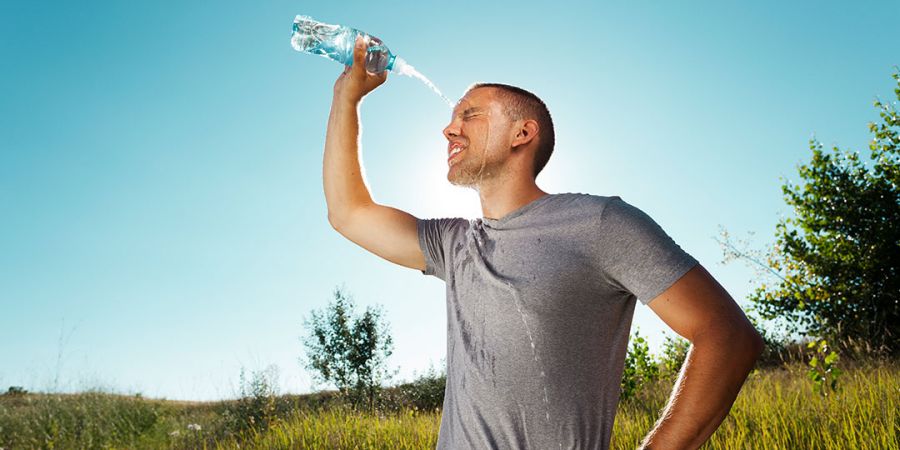

Many people love the warm sun. The sun's rays make us feel good and look good in the short term. However, exposure to sunlight is the number one cause of skin cancer and causes most of the wrinkles and blemishes on our face. In fact, exposure to sunlight causes most of the skin changes that we consider to be the normal part of aging. Over time, the sun's ultraviolet (UV) light damages skin fibers called elastin. When these fibers break down, the skin sags, begins to stretch, and loses the ability to return to its original position after stretching. When you are young, the sun's damage to the skin may not be visible, but it will definitely appear later in life.
Here are some tips to help you protect yourself from the sun. Reapply
tips to protect yourself from the sun. Sweating, exercising, swimming and towel drying remove sunscreen from the skin, so even if the product is waterproof, it should be reapplied after participating in any of these activities.
Cloudy weather does not mean that it is not at risk. Even in the summer, 80% of UV rays are still present on cloudy days, so sunscreen is needed when the weather is cloudy.
Daily use provides long-term protection. Daily use of sunscreen on the face and back of the hands reduces the risk of dry leathery skin, wrinkles, and other signs of premature aging and skin cancer.
Please dress well. The recommended usage for proper protection is 35-40 ml per person per session (a handful). You might think you're applying SPF 15, but if you don't use the right amount, it may only be equivalent to SPF 8.
Apply properly. Sunscreen should be applied to clean, dry skin 30 minutes before exposure to sunlight to allow proper absorption.
You don't have to waste your money.
budget brands are as effective as more expensive brands.
There is no "safe" ultraviolet light (UV).
There is no safe tan.
Avoid solarium. Ultraviolet rays from the sun and tanning beds can cause skin cancer and wrinkles. If you want to look like you're in the sun, consider using a sunless tanning product. However, continue to use sunscreen.
Avoid sunbathing and wear wide-brimmed hats, sunglasses and protective clothing.
Avoid noon. The sun's rays are strongest between 10 am and 4 pm.
Be especially careful near water, snow and sand. These reflect the harmful rays of the sun and can increase the risk of sunburn. Take Vitamin D safely through a healthy diet that may contain
vitamin supplements. Don't ask for the sun
Control your birthday suit on your birthday. Talk to your dermatologist if you notice any changes, growth or bleeding on your skin. Skin cancer can be treated if detected early.
